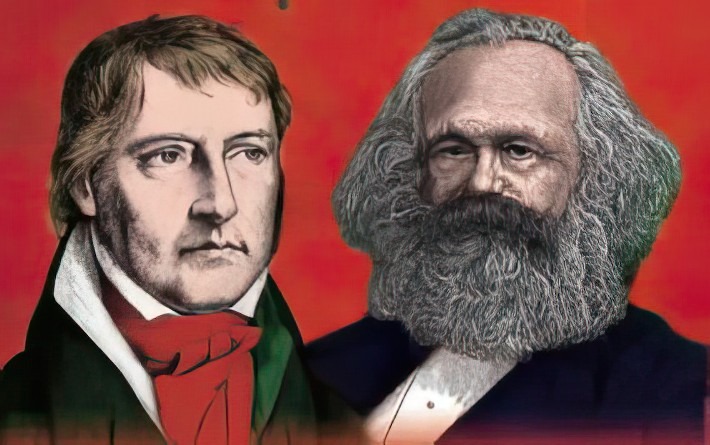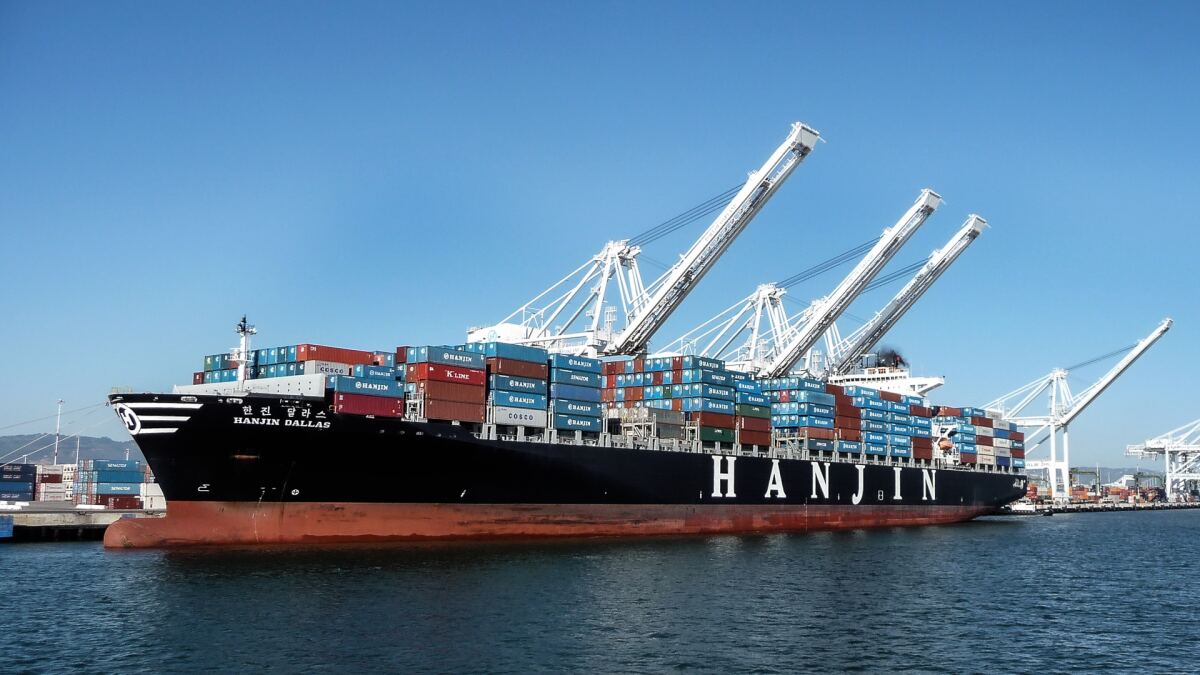Political Economy
-
-
 Featured
FeaturedHegel, Marx, and Capital
Online: Zoom link will be provided to registered participantsAndy Blunden presents insights from two new books on Marx's use of Hegel's Logic in the writing of Capital.
Free -

Reading ‘Karl Marx in America’
Online: Zoom link will be provided to registered participantsAn eight-week study of Andrew Hartman's recently published Karl Marx in America. To read Karl Marx is to contemplate a world created by capitalism. People have long viewed the United States as the quintessential anti-Marxist nation, but Marx’s ideas have inspired a wide range of people to formulate a more precise sense of the stakes of ... Read more
Free -
-
Featured
Marxist Psychology: Vygotsky’s Cultural-Historical Theory
Online: Zoom link will be provided to registered participantsA six-week workshop with Carl Ratner, in which we will seek to solve the riddle Marx posed in his first thesis on Feuerbach: "in contradistinction to materialism, the active side was developed abstractly by idealism – which, of course, does not know real, sensuous activity as such." Exploring a materialist theory of subjectivity which does know sensuous activity, we will see how historical materialism can be extended to reveal how it is compatible with psychology and how human psychology is itself a historical-materialist phenomenon.
Get Tickets Free -
-

Marx’s Capital, Vol. II – A Short Course on the Circulation of Capital
Online: Zoom link will be provided to registered participantsAn 8-session study group covering Marx's Capital, Volume II, The Process of Circulation of Capital. Marx addresses the question: How can the reproduction of society as a whole take place, if there is no conscious social planning that ensures that all needs are met, in the necessary proportions, such that life can persist and the capitalist relations of production be sustained? We discover the answer, but we also learn of new contradictions and sources of crisis inherent to capitalist society.
Get Tickets Free
